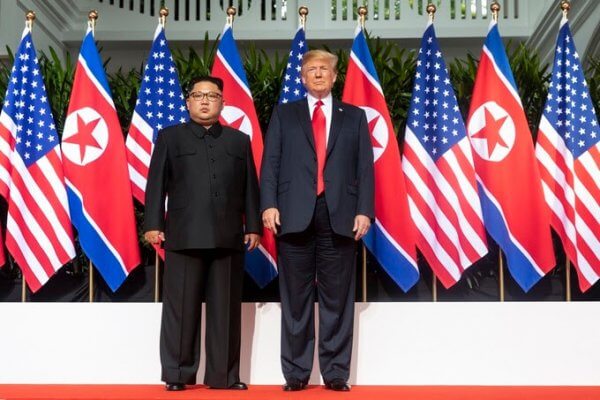As veterans, we carry open wounds. I’m not referring to the physical wounds from a gunshot or an explosion in combat, or even the psychological wounds of a traumatic combat experience. Instead, I’m talking about the closure veterans seek following their service in foreign wars, like Iraq or Afghanistan. I’m highlighting the void or open wounds they feel as these nations remain in a war-like state with constant violence and fledgling governments and defense forces. Veterans reflect on their wartime service through the lens of fighting for their buddies left and right. While this is true and just, wars are fought to achieve a greater peace. Service members understand this and give their all towards mission accomplishment. When this greater peace is not achieved, many of them feel a void as if the job was left unfinished. This feels like an open wound which may never heal.
I’ve just returned from three weeks in France where I spent time in Paris and the Champagne region. When I departed the US, our nation was celebrating Memorial Day and honoring our fallen. While overseas, several war-related events occurred, namely D-Day, Flag Day, the Army’s birthday and President Trump’s summit with Kim Jong-un.
Traces of war
The Champagne region of France is rich not only in its beauty but in its traces of previous wars. While there, I had a chance to visit the battlefield of Verdun and bear witness to the ground in which some one million French and German soldiers lost their lives in World War I. The chateau where I stayed had a small swastika etched in the stone frames of one of its windows indicating German occupation during World War II, another of the many scars of war across France.
Throughout my stay I enjoyed the peace and serenity of the French countryside and felt safe to explore a place which had once seen war on a grand scale. It made me proud to know my country took part in those wars and helped bring them to a successful conclusion. I thought to myself how great it must feel to a World War II veteran to see the very place they fought now in a state of enduring peace. Think of the veterans of Pointe Du Hoc who scaled its vertical cliffs under fire or those who charged the heavily defended Omaha Beach. These men can enjoy a peaceful lunch near these places and take in scenery far different and calmer than when they fought there years ago. There must be some sense of closure to that, a healing of their own wounds perhaps.
What does the Singapore summit mean for US veterans?
Keeping pace with the American news headlines overseas, I was able to watch footage and remarks of the summit between President Trump and the North Korean Supreme Leader Kim Jong-un. This historic event coupled with recent peaceful talks between North and South Korea have sparked a sense of hope in me. I’ve always paid homage to the veterans who went before me, like those who fought in Korea. I stand on their shoulders and they were the first ones I thought of when I watched these events unfold.
Could this be closure or partial closure for them? Would this give greater meaning to their service and help mend their wounds? There’s no shortage of doubters and pundits who claim the summit was a mere show with little substance. Perhaps there are some truths to their criticism, but we veterans know better than to call foul during the initial baby steps on the long, arduous road to peace. Indeed, we are far from the day when we can freely roam the streets of Pyongyang like we do Paris today but perhaps this is, in some way, a positive sign. For many, including my Korean War brethren, I certainly hope so.
Seeing peace in the Middle East
I wonder if I’ll ever be able to travel to Kabul, Afghanistan with my wife, show her the city, eat kabobs and study its history. Or, if I would ever have the chance to ride my motorcycle across the Hindu Kush Mountains, a place where I fought and lost soldiers. Perhaps it will one day be a reality to rest in roadside hotels and eat naan bread and Afghan rice. At the age of 50, seeing both Iraq and Afghanistan limp along, it seems unlikely. However, for my own closure and that of my brother and sister veterans, I’ll take what I can get. A peaceful settlement between the Afghan Government and the Taliban or an Iraqi Government which embraces and includes its Sunni, Shia and Kurdish people would serve as a partial suture to my open wound. I’ll take whatever speech, summit or agreement leads to a greater peace for the people of these countries.
It is likely I will never travel to Iraq or Afghanistan. They are not bucket list items for me, but I would surely swell a bit with pride seeing some sign that my service, and the service of those who lost their lives, was not in vain. Until then, our open wounds will remain open and unhealed.

